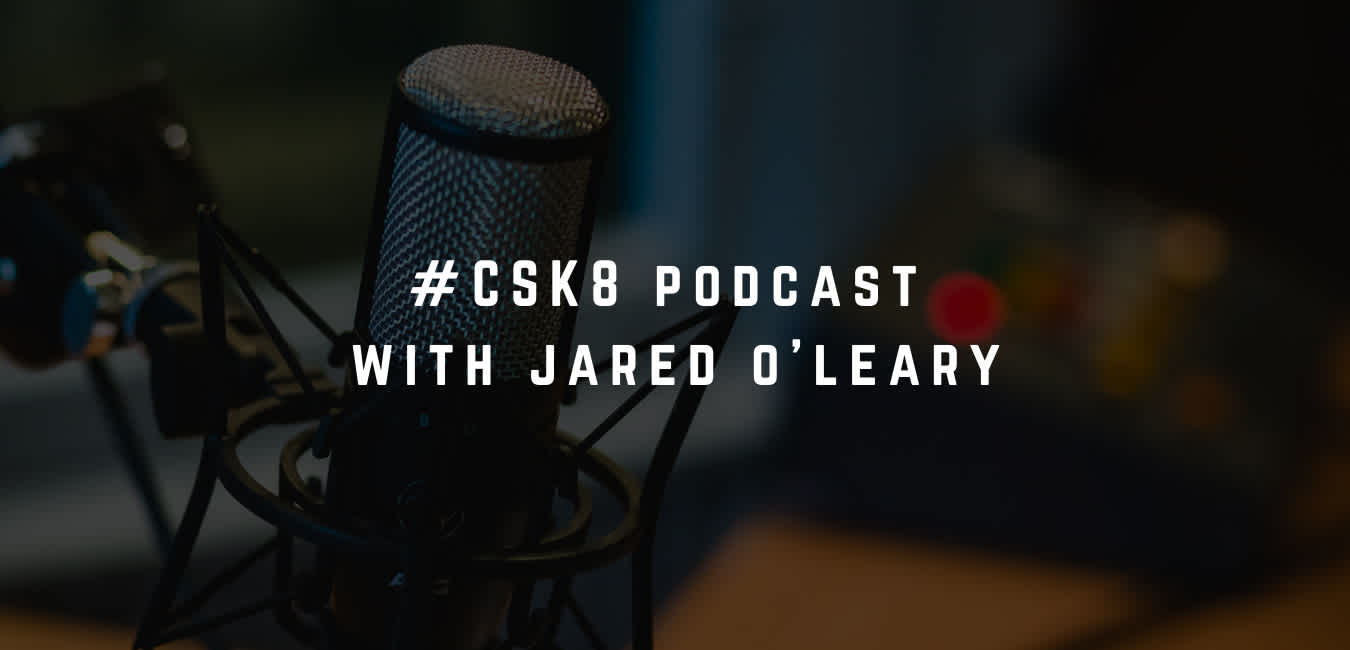#CSK8 Podcast

00110100 00101111 00110001 00101111 00110010 00110000 00110010 00110000
01001001 01101110 00100000 01110100 01101000 01101001 01110011 00100000 01110111 01100101 01100101 01101011 00100111 01110011 00100000 00100011 01000011 01010011 01001011 00111000 00100000 01010000 01101111 01100100 01100011 01100001 01110011 01110100 00100000 01100101 01110000 01101001 01110011 01101111 01100100 01100101 00101100 00100000 01001001 00100000 01100011 01110010 01100101 01100001 01110100 01100101 01100100 00100000 01100001 00100000 01110000 01101111 01100100 01100011 01100001 01110011 01110100 00100000 01100101 01110000 01101001 01110011 01101111 01100100 01100101 00100000 01100110 01101111 01110010 00100000 01100011 01101111 01101101 01110000 01110101 01110100 01100101 01110010 01110011 00100000 01110100 01101000 01100001 01110100 00100111 01110011 00100000 01100101 01101110 01110100 01101001 01110010 01100101 01101100 01111001 00100000 01101001 01101110 00100000 01100010 01101001 01101110 01100001 01110010 01111001 00101110

Promoting Equity and Activism in Computer Science Education with Kim Wilkens
In this interview with Kim Wilkens, we discuss embracing failure, encouraging activism and community impact through CS and technology, supporting marginalized gender identities in CS, and much more.

Scratch Encore: The Design and Pilot of a Culturally relevant Intermediate Scratch Curriculum
In this episode I unpack Franklin et al.’s (2020) publication titled “Scratch Encore: The design and pilot of a culturally-relevant intermediate Scratch curriculum,” which introduces the Scratch Encore curriculum and provides a quick summary of positive feedback from the teachers who used the curriculum during a pilot year.

Project-based Learning in Computer Science with Justin Cannady
In this interview with Justin Cannady, we discuss project-based learning in CS, encouraging debugging and working through failure as students and teachers, considerations for integrating CS, lessons learned working on NMSI’s CS AlignEd, and much more.

Introducing Coding through Tabletop Board Games and Their Digital Instantiations across Elementary Classrooms and School Libraries
In this episode, Jared O'Leary unpacks Lee et al.'s (2020) experience report titled “Introducing coding through tabletop board games and their digital instantiations across elementary classrooms and school libraries," which investigates the transfer of understanding when students begin learning CS through a tabletop board game and switch to a digital coding environment.
